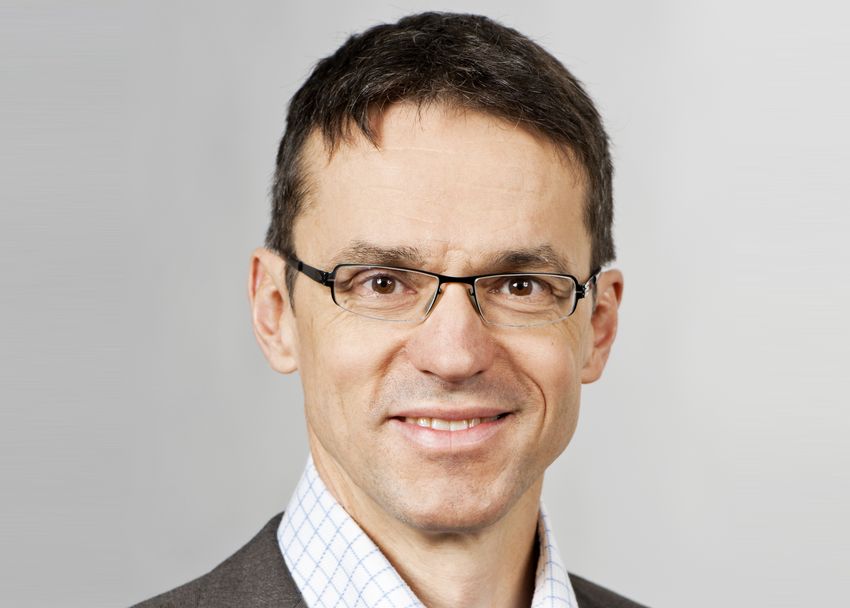The support program’s main focus is to build and lead a scientific work group in a Max Planck Institute. Schönert's new group will cooperate with the scientists of the CRESST experiment and make use of the excellent experimental infrastructures at MPP and TUM.
The group’s central aim is the search for dark matter particles in the sub-GeV/c2 mass range and the development of new detectors to investigate the properties of neutrinos. To that end, the researchers will refine and enhance the technology of ultrapure low-temperature detectors with extremely low thresholds for detecting and identifying particles.
“I’m extremely pleased with the tight connection to the Max Planck Institute for Physics,” Stefan Schönert says. “This opens a new and unique potential for collaboration.”
“With Stefan Schönert, we have brought an excellent researcher into our ranks, a scientist who has made a name for himself particularly in neutrino physics and the search for dark matter,” says Allen Caldwell, Managing Director of the Max Planck Institute for Physics. “We look forward to the collaboration and hope, with the new technologies, to achieve significant results in the near future.”
The Max Planck Fellow program
The funding period for this highly endowed support program is five years for active university professors, three years for retired professors. The selection process is carried out by a review panel according to strict criteria. The Fellow proposals are evaluated with respect to their scientific quality, their relevance in light of science policy, and financial feasibility.
